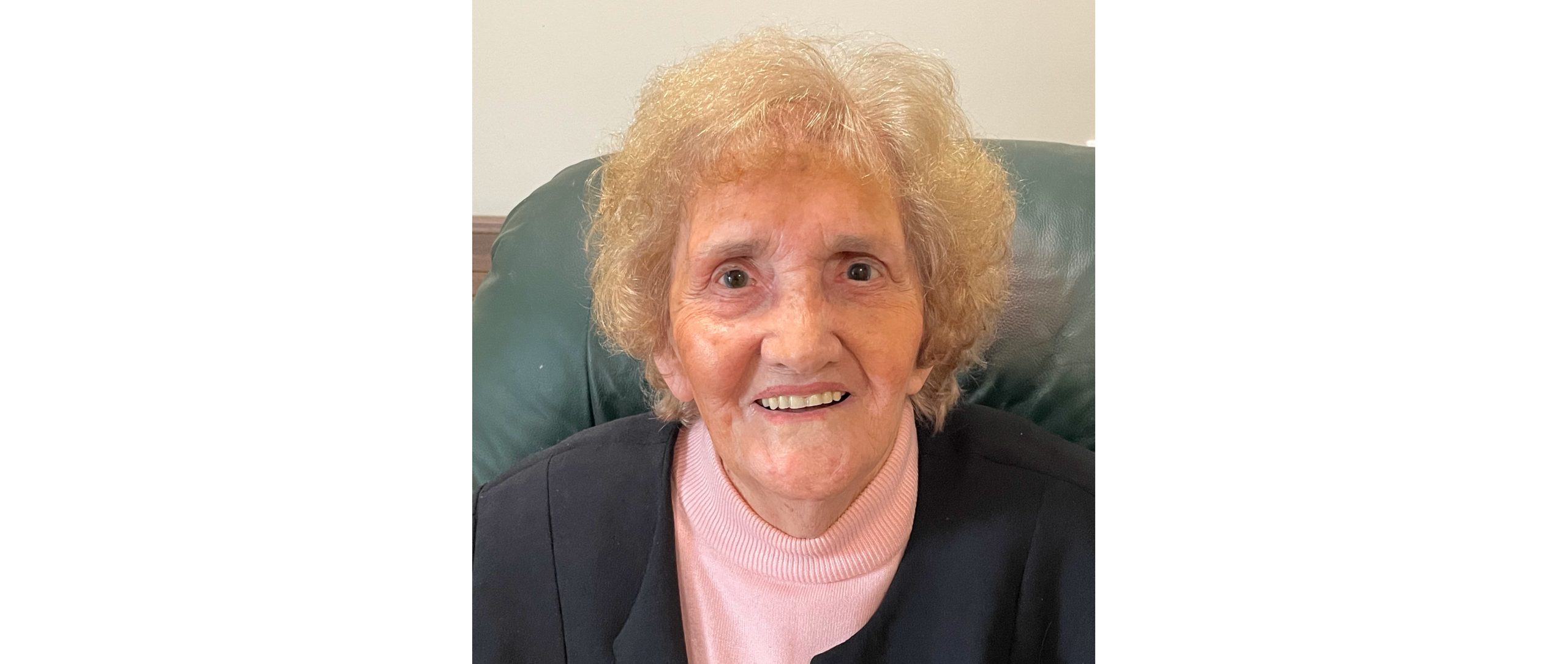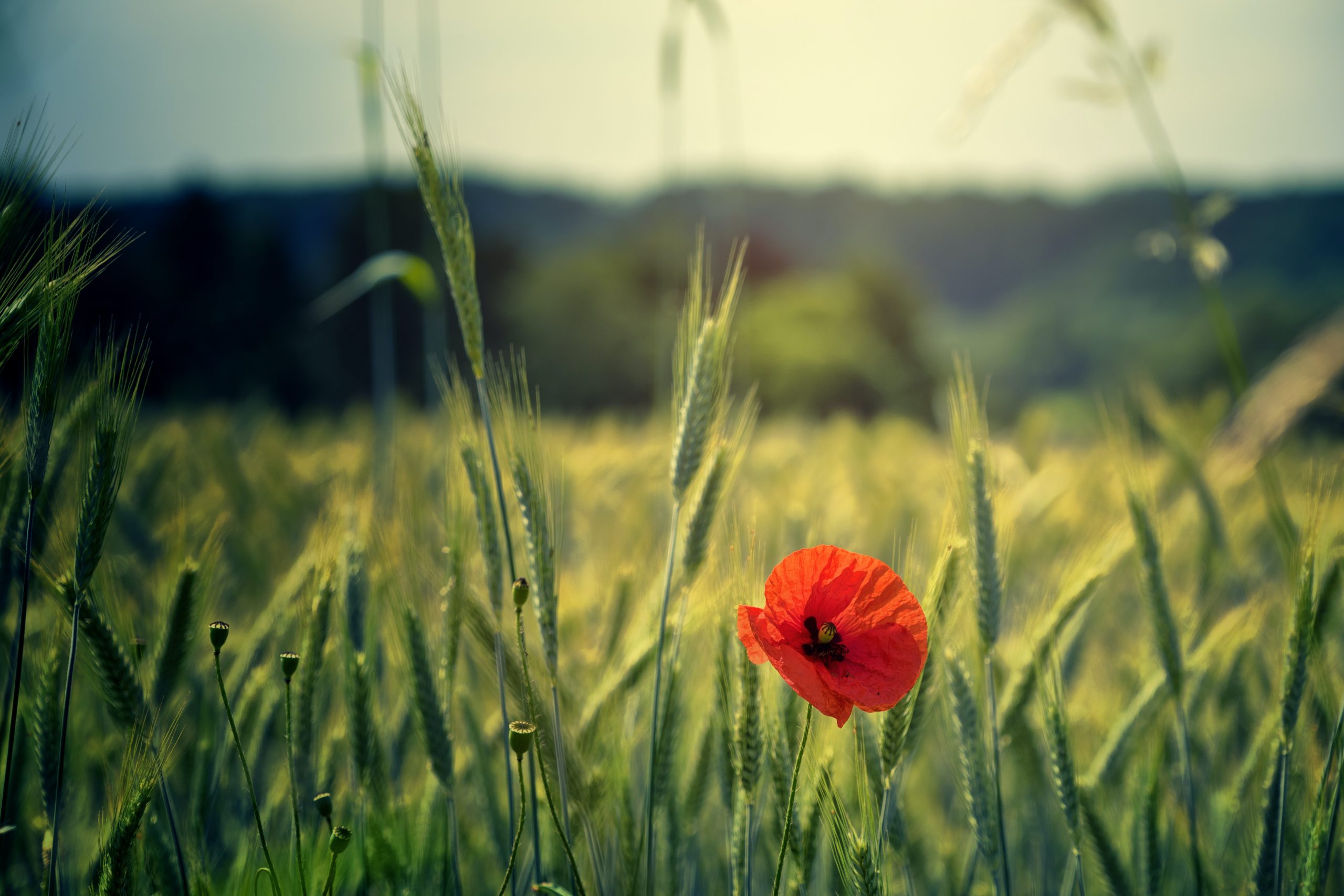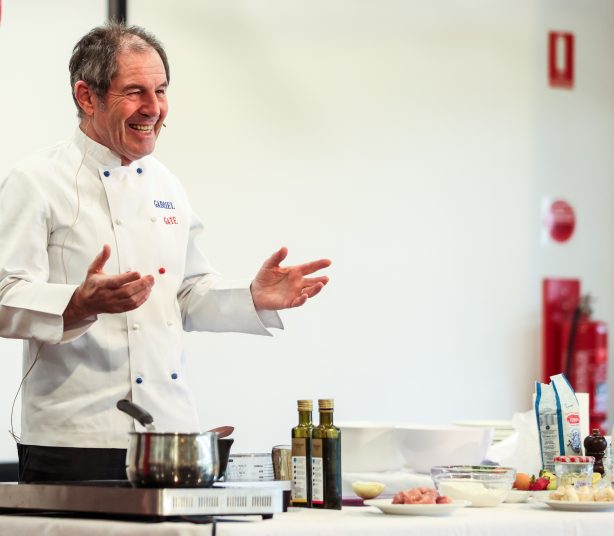Lest We Forget
This year on ANZAC day we remember all of the Australians who left our shores to fight in wars and also those who stayed behind. We acknowledge the emotional trauma, suffering and loss but also the resilience and courage it took to keep hope alive.
We spoke to Cumberland View Aged Care resident, Thelma, who experienced war at home in New South Wales.


Thelma comes from a farming family of eight children. After WW1 her father sold his farm and purchased a 5000-acre parcel of unfarmed virgin land between Dubbo and Trundle. The land had been newly released by the government and her father divided the land between growing wheat and grazing sheep. When WWII darkened Australia’s doorsteps, Thelma’s dad was a primary producer and was asked to serve his country, not going to war, but by growing food for the army.
As the war worsened, Thelma, her parents, and six other siblings tearfully waved goodbye to 17-year-old, William, who had been conscripted to serve in Papua New Guinea.
During the war, as young men left to fight, there was a shortage of farmhands to work the land. This meant that Thelma had to roll up her sleeves and work the farm alongside her father and her 13-year-old brother. ‘We worked as hard as any man,’ she says.
During the war the government sourced farm support by creating the Australian Women’s Land Army “AWLA”. Women from the city would head out to help, learning new skills. During the latter part of WW11 as much as 31% of women worked for the first time earning a wage. Thelma’s family farm did not receive this help as she says, ‘there were just not enough AWLA to support all the farmers’.
Thelma remembers the overwhelming emotional changes her community faced. ‘We all grew up overnight.’ Ever fearful of news that a beloved husband, son, or brother was not to return. ‘It was devastating, we all worried so much about William, and the other men too, but it did make our community closer, we looked out for each other. We became much more resilient.’
As the war was coming to an end the returned soldiers came back to work the land. Thelma was now 18 and her parents recognised that she had missed educational and social opportunities. So with her parents blessing, she joined the Women’s Australian Airforce, or “WAAF”.
While serving in the WAAF, Thelma trained as a dental nurse as the health of returned soldiers was a high priority. Thankfully for the family, her brother William did return home to them. He left a boy and returned a man, much changed, but luckily, he was home.
Thelma studied for three years in Melbourne after the war where she met her husband, who worked for General Motors in the vehicle production area. During the war he and his colleagues served Australia by staying home and building war planes. So, like her father, her husband saw no active duty because his specialist skills were needed at home. Together Thelma and her husband spent 60 years working in a ministry of their faith. ‘It was a privilege to have served both God and country,’ she says.
For many Australians there were food rations, coupons, and austerity as they worked to keep our shores safe and strong in readiness to welcome their loved ones home from serving overseas. We thank the many Australians who served, died, or experienced loss to protect our country in all conflicts and wars.
Lest we forget.




